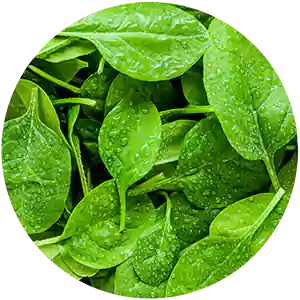A fresh approach to shopping.

Hi, Guest Welcome.
A fresh approach to shopping.
Once in the body, this antioxidant converts to vitamin A to support your eye health and immune system.
Fill your plate with colorful fruits and vegetables! Beta-carotene is one of a group of red, orange, and yellow pigments called carotenoids. The body converts beta-carotene to vitamin A, and the U.S Food and Drug Administration doesn’t set a daily value for beta-carotene or other carotenoids that can be turned into vitamin A. However, according to the National Academy of Sciences, eating five or more servings of fruits and vegetables each day, including dark green and leafy vegetables and deep yellow or orange fruits, is sufficient.

Beta-carotene is an eye-friendly nutrient that’s known for the role it plays in supporting your vision. According to the National Academy of Medicine, consuming three to six milligrams (3,000 to 6,000 micrograms) of beta-carotene daily (equivalent to 833 to 1,667 of IU vitamin A) maintains blood levels of beta-carotene in the range that supports general eye health.
Recommended Dietary Allowance



Fair Price loves everything about quality products. Our mission is to provide quality products that are less costly and are affordable.